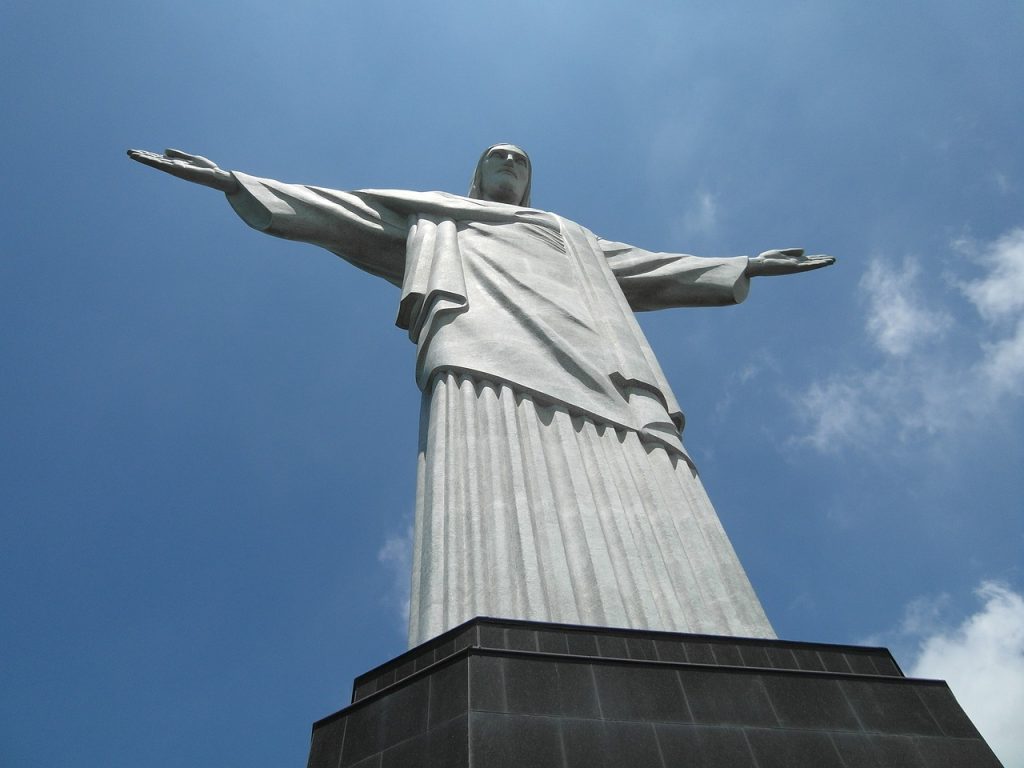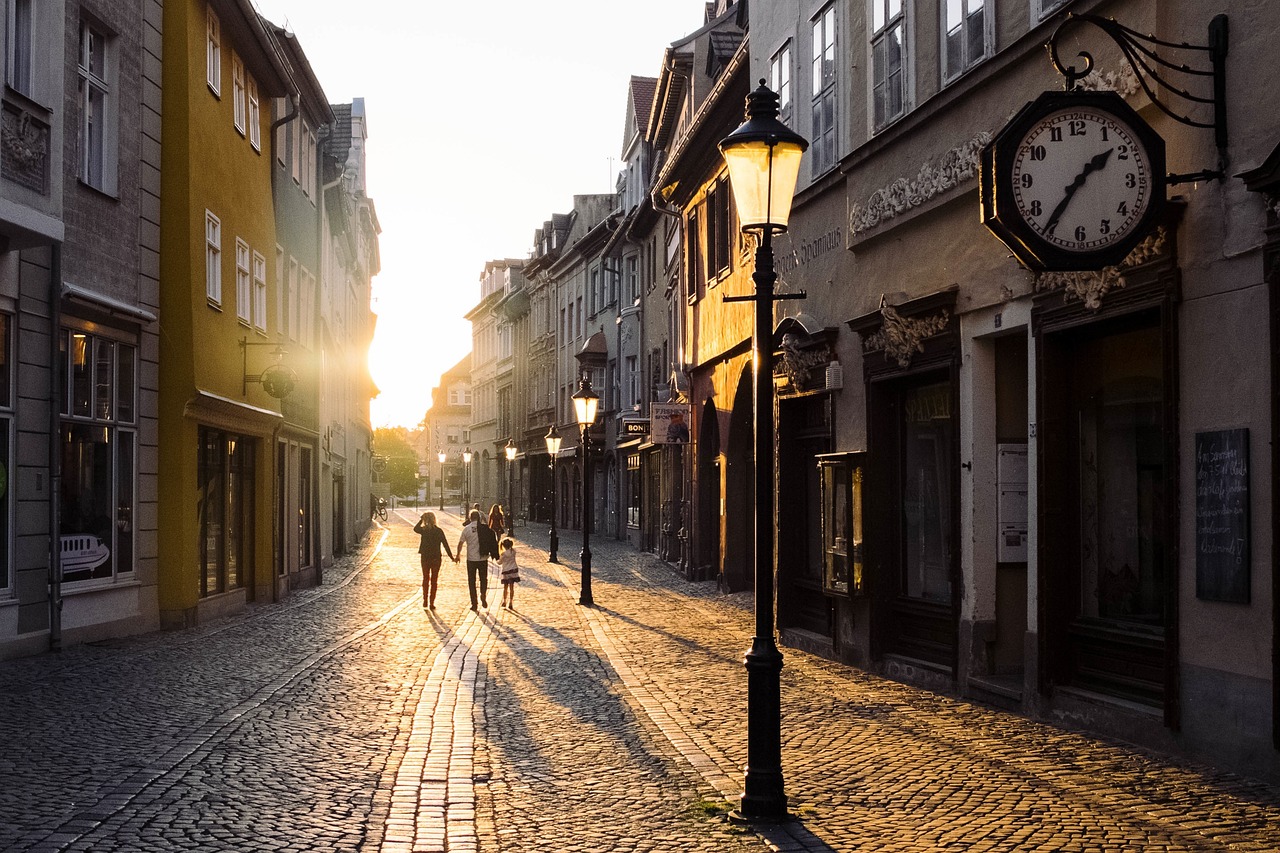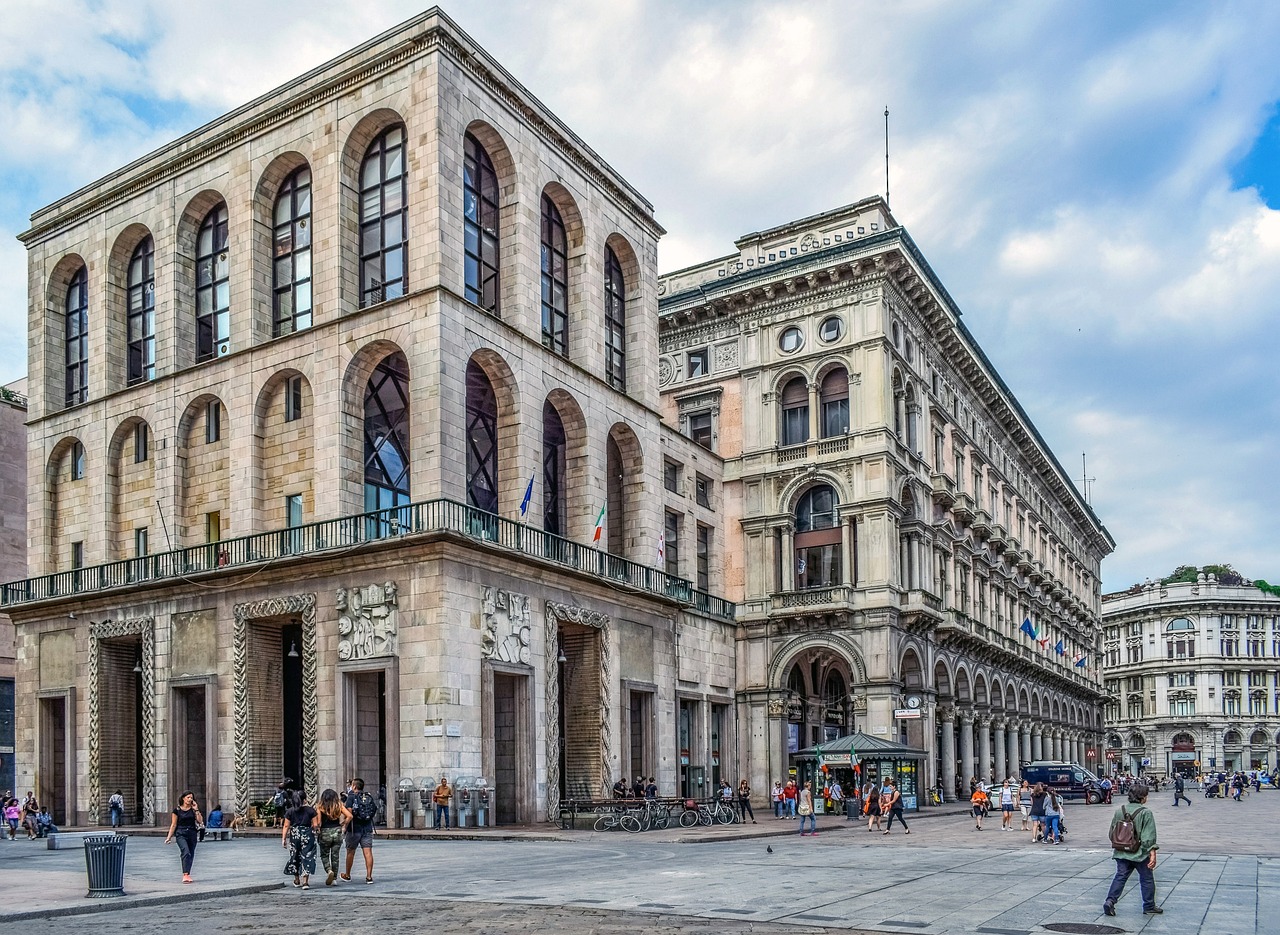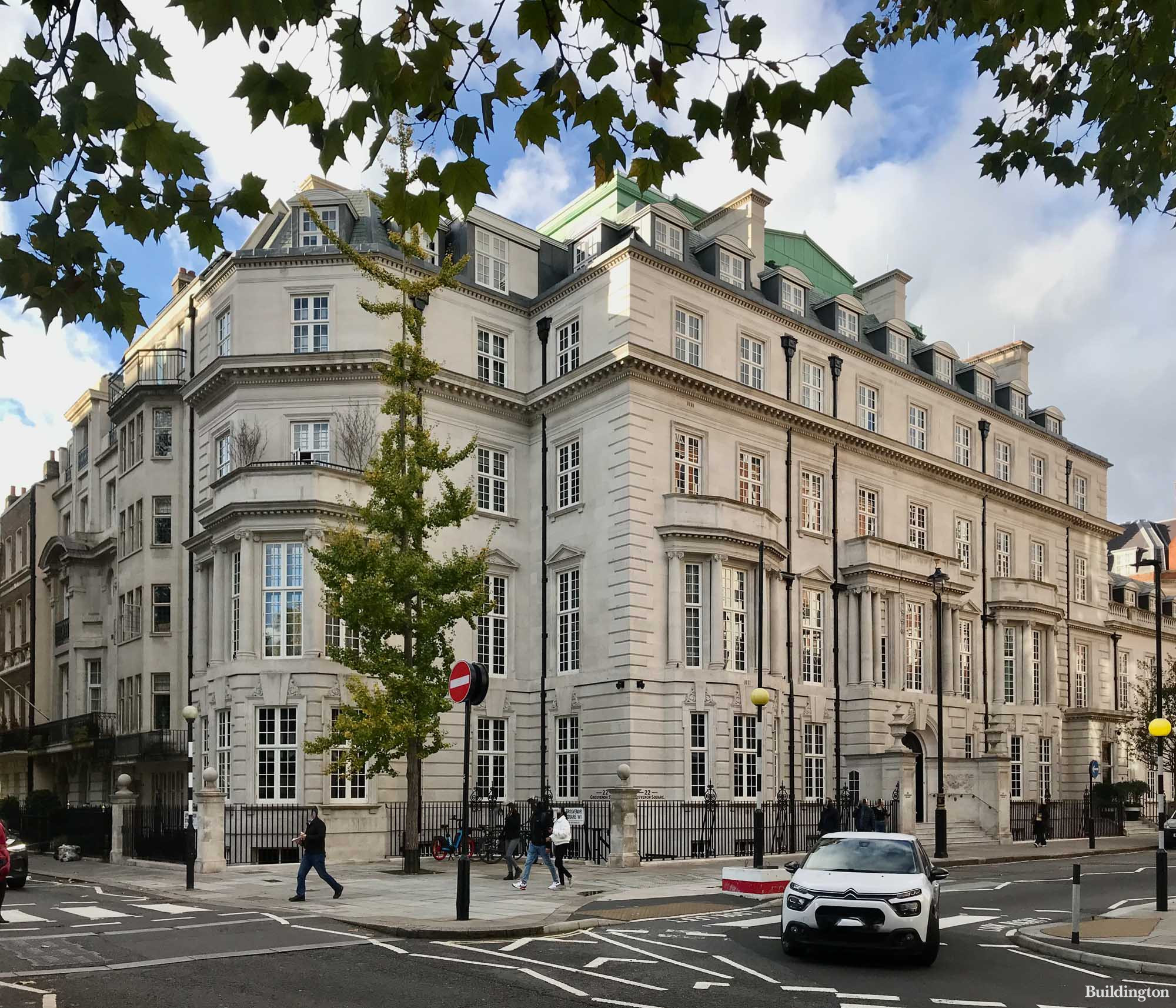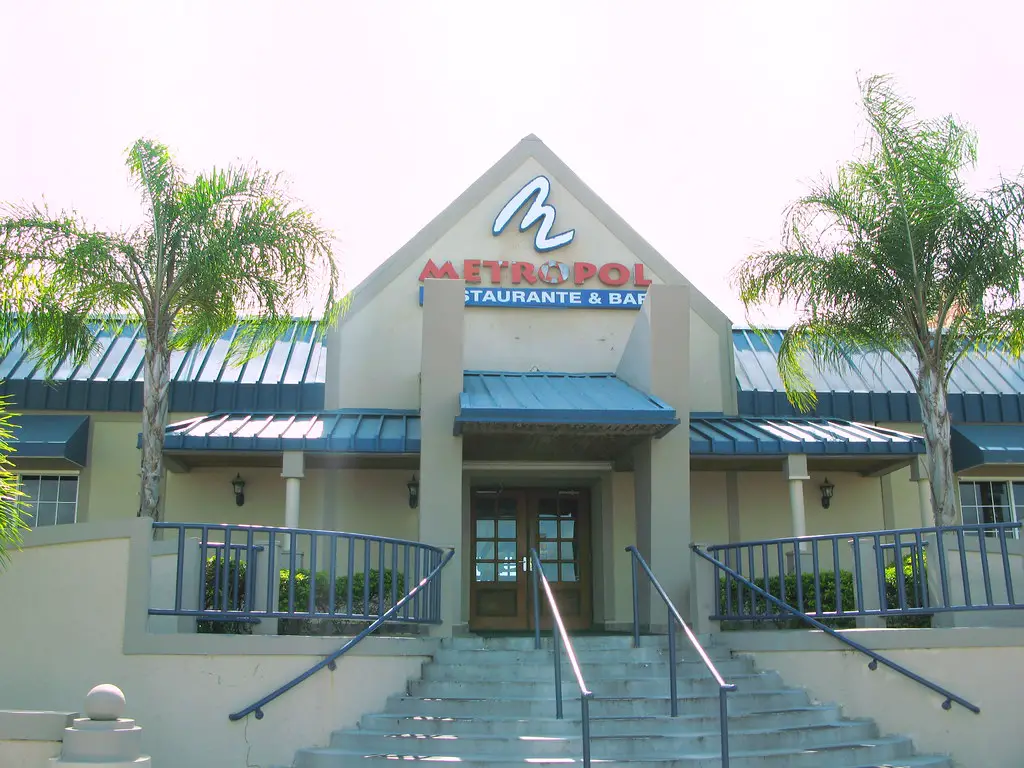Rio de Janeiro is the second largest city in Brazil and one of the most famous tourist destinations in the world. It is known for its stunning beaches, vibrant culture, and lively nightlife, but what many people may not know is that the city has its own unique language. In this essay, we will explore the language that is spoken in Rio de Janeiro and how it has evolved over the years.
The official language of Brazil is Portuguese, which is the language that is taught in schools and used in government and official communications. Portuguese was introduced to Brazil by the Portuguese colonizers in the 16th century and has since become the dominant language in the country. In Rio de Janeiro, Portuguese is widely spoken and is the main language used in everyday communication.
However, Portuguese in Rio de Janeiro has evolved into its own unique dialect, known as Carioca Portuguese. Carioca Portuguese is characterized by its own set of slang words and expressions, as well as its own pronunciation and intonation. This dialect is specific to Rio de Janeiro and is not commonly understood by Portuguese speakers from other parts of Brazil or Portugal.
In addition to Portuguese, there are also many other languages spoken in Rio de Janeiro. The city is home to a large number of immigrants from around the world, including Spain, Italy, and other South American countries, and as a result, many other languages are spoken in the city. Spanish, in particular, is widely spoken in Rio de Janeiro, and many locals are bilingual in both Portuguese and Spanish.
English is also widely spoken in Rio de Janeiro, particularly among tourists and those in the business and hospitality industries. Many locals in Rio de Janeiro have learned English in order to communicate with visitors, and English is commonly used in tourist areas and hotels.
Another language that is commonly spoken in Rio de Janeiro is Portuguese Creole. Portuguese Creole is a language that was developed by the Afro-Brazilian community and is a mix of Portuguese, African, and indigenous languages. This language is used by the Afro-Brazilian community in Rio de Janeiro, and it is an important part of the city’s cultural heritage.
Finally, there are also several indigenous languages spoken in Rio de Janeiro, including the Tupi language. The Tupi people are indigenous to Brazil, and their language is still spoken by some communities in Rio de Janeiro. These indigenous languages are an important part of the city’s cultural heritage, and they reflect the rich diversity of the city’s population.
In conclusion, the language spoken in Rio de Janeiro is primarily Portuguese, with its own unique dialect known as Carioca Portuguese. In addition to Portuguese, there are also many other languages spoken in the city, including Spanish, English, Portuguese Creole, and indigenous languages. This rich linguistic landscape is a testament to the city’s diversity and cultural heritage, and it is one of the many things that makes Rio de Janeiro such a unique and special place. Whether you are a tourist or a local, understanding the language spoken in Rio de Janeiro is an important part of experiencing all that the city has to offer.
